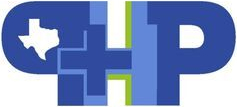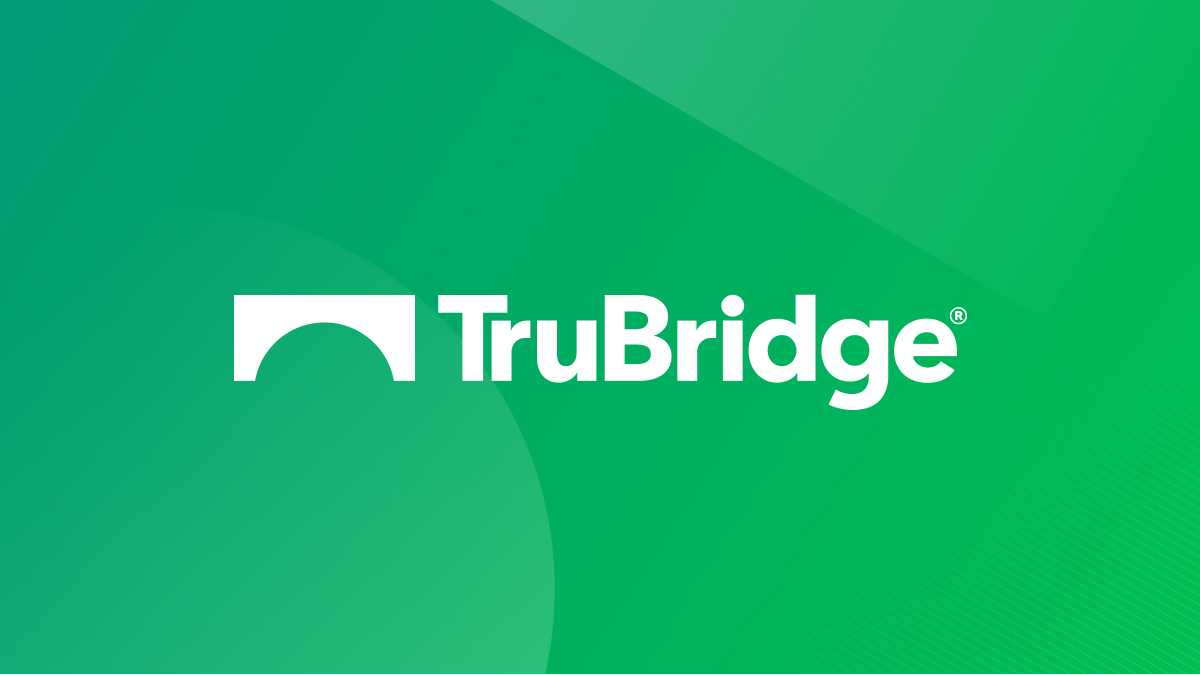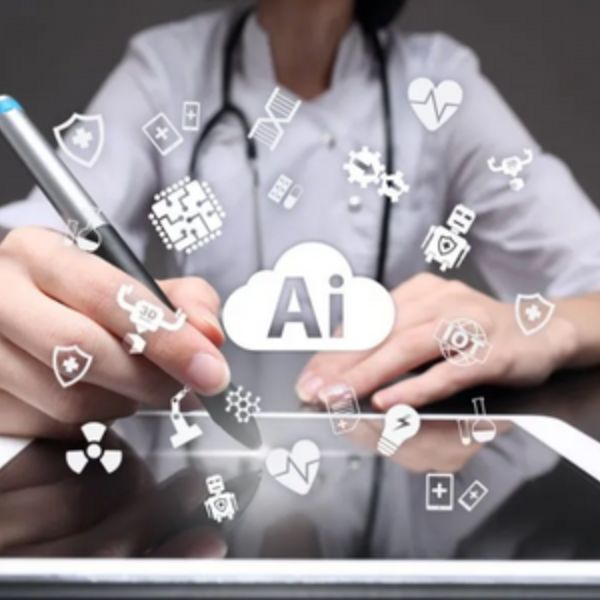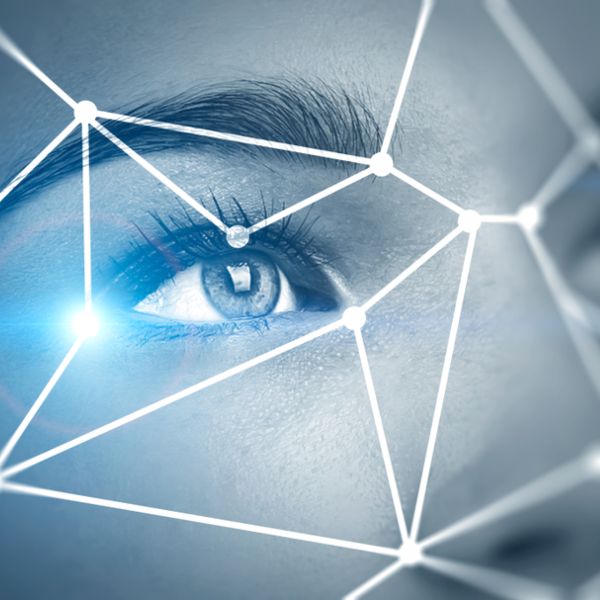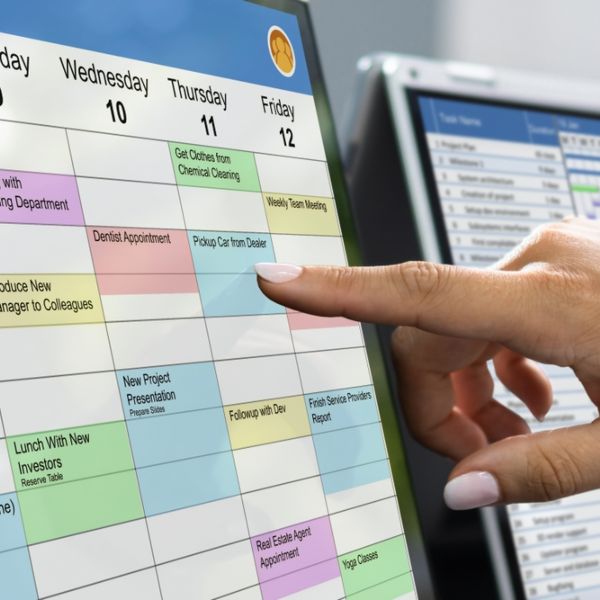Homepage
Here for you at every step of the process
Achieving impactful goals with industry-leading solutions.
We don’t deal in one-size-fits-all solutions. We treat each client as a unique case, joining data-driven insights with our wealth of experience to create a solution that delivers the results they need.
Through a suite of innovative products and collaborative services, we help our clients eliminate the financial and operational obstacles holding them back and lay the foundation for lasting success. We are a healthcare solutions company and we clear the way for care.
Increased cash collections
One facility increased cash on hand from $3.8M to $4.8M per month.
nTrust is a flexible, minimal risk program that lets you access our leading revenue cycle solutions and future product innovations with no upfront costs, maintenance charges or future licensing fees. We simply extract a percentage of your collections to cover costs, meaning we don’t get paid until you do.
Related Products
Reduce AR days by 30% with RCM
Focus on what matters: care for your patients.
Our Revenue Cycle Management solutions offer an arsenal of flexible, transparent, HFMA® Peer Reviewed RCM products and services focused on exceeding expectations.
Related Products
Recover up to 70% of denied claims
Achieve collection goals while effectively managing your team's workload.
Let our AR Clean Up collections experts work your aging small balance co-pays, low-dollar insurance claims and other time-consuming tasks to deliver results that truly add up.
Related Products
See what healthcare leaders are saying about TruBridge

Let's Talk.













